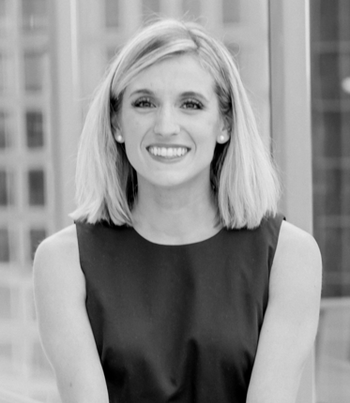5 Big Questions for Ed Yingling, co-founder of the Alumni Free Speech Alliance
Yingling is bringing together alumni groups to protect the free speech rights of students and faculty, saying that alumni are uniquely positioned to stand up against cancel culture.
When Ed Yingling realized free speech was under threat at his Ivy League alma mater he joined up with fellow alum Stuart Taylor to create Princetonians for Free Speech.
Soon after, the pair realized that their group had the potential to bring together alumni to challenge cancel culture at colleges across the country.
They termed the organization the Alumni Free Speech Alliance (AFSA).
Within a year, Davidson College Alumni had assembled a group for the same purpose. As the project grew, Yingling connected to University of Virginia and Washington & Lee University alumni, and later found a group of Cornell University alumni who had the same goal in mind.
These five founding groups are only the beginning.
After announcing the creation of AFSA Oct. 17 in the Wall Street Journal, Yingling tells Campus Reform, “In the last week, we have received emails from over 40 groups at different colleges that want to set this up…It’s going to be a national movement, and it’s because you’re tapping into a lot of frustration with alumni, and they just didn’t know how to organize.”
[RELATED: Alumni organize to fight cancel culture]
Yingling believes that alumni are uniquely positioned to create change on campus, though unlike students, faculty, or administrators, they generally are not physically present on campus.
He says, “There are four different power structures on a campus...there are students, there are faculty, there are administrators, and there are alumni. So if you look at it from that point of view, power structure, students are not in a position to really stand up for free speech.”
He continues, “Faculty, number two, are a little better in most cases…administrators, we all know how that group has grown on campuses all over the country, and unfortunately they may be part of the problem…so there’s only one group left: Alumni.”
When alumni take action, Yingling says, they can create a ripple effect that benefits faculty and students.
He tells Camus Reform, “Alumni may be the only group that can effectively stand up and take on major free speech issues. And if we do…students and faculty who may feel small and isolate all of a sudden say we can stand up because we’ve got a group backing.”
[RELATED: 5 Big Questions for Professor Ben Ginsberg]
AFSA is nonpartisan, which Yingling says allows it to fulfill its mission of standing up for free speech for all.
He says, “If you believe in free speech and academic freedom, it means you must believe it for everybody.”
To him, partisanship and protecting First Amendment rights go hand-in-hand: “You must support [free speech] from all sides, even if you have to hold your nose, you don’t agree with it, but that’s the only way to do it, or you’re not really for free speech.”
He also criticizes supporters of censorship, saying they “have no sense of history.”
The stakes are high for this new organization: “If alumni and others don’t get together and demand that their universities support these, the very purpose of the university will die,” Yingling said.
Follow the interviewer on Twitter: @AngelaLMorabito

